Optimal Lawn Mowing Timing and Tips
Lawn mowing frequency and timing are essential for maintaining a healthy and attractive lawn. The optimal time for mowing depends on grass type, growth rate, and seasonal conditions. Proper timing ensures the grass remains vigorous and resilient against pests and diseases.
Begin mowing when grass starts growing actively, usually when it reaches about 3 inches in height. Regular mowing encourages dense growth and prevents weeds.
During warm months, mow frequently to keep grass at a height of 2.5 to 3 inches. Avoid cutting more than one-third of the grass height at a time to prevent stress.
Reduce mowing frequency as growth slows. Keep grass slightly longer to protect roots over winter and promote early spring growth.
Maintaining the correct height varies by grass type but generally ranges from 2 to 3 inches. Proper height supports healthy root development.
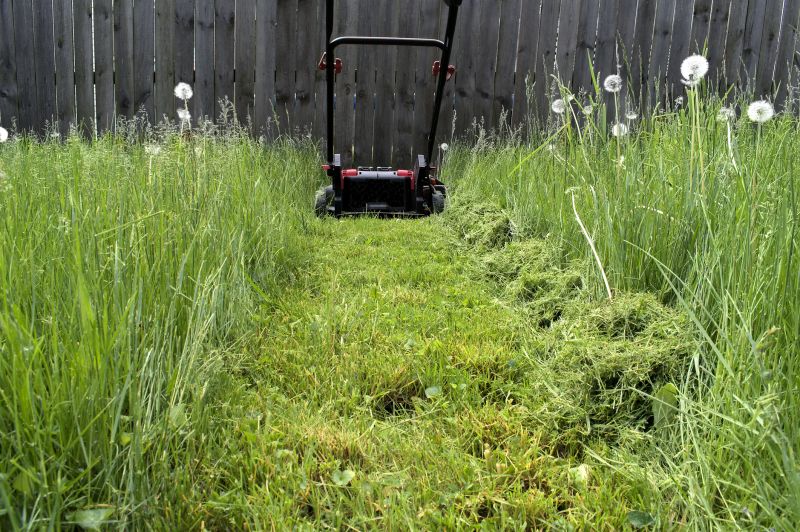
Different tools are used for various grass types and lawn sizes, including push mowers and riding mowers.
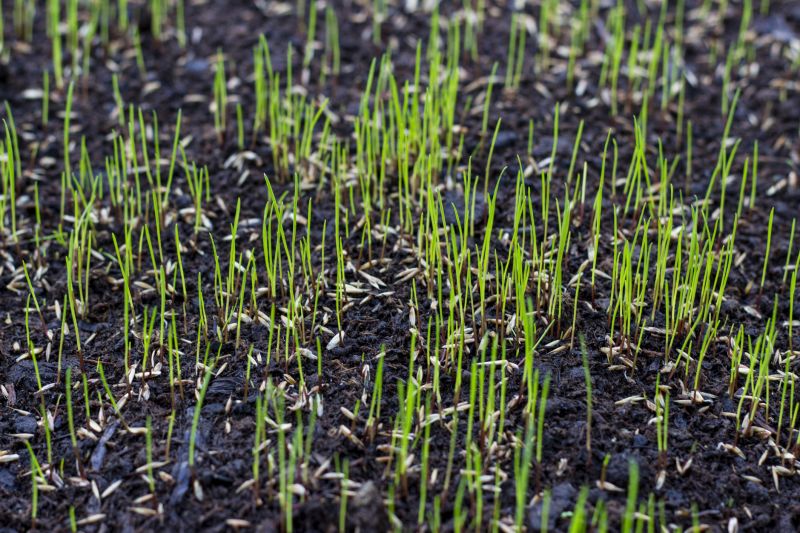
Grass begins to grow actively in spring, requiring regular mowing to promote healthy growth.
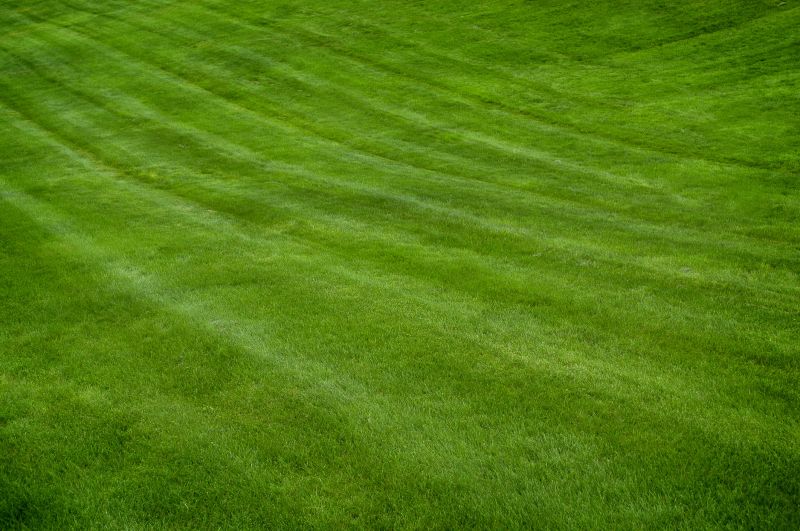
Maintain consistent mowing during summer to keep grass lush and healthy.
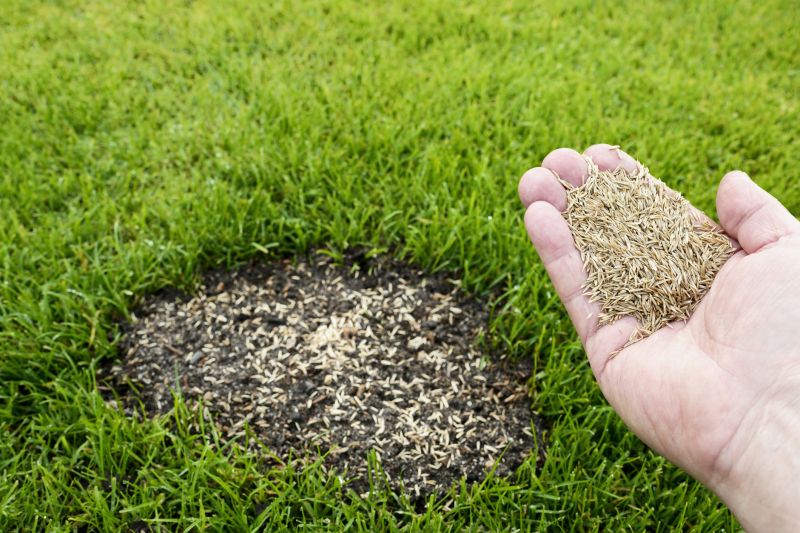
Adjust mowing height and frequency to prepare the lawn for winter dormancy.
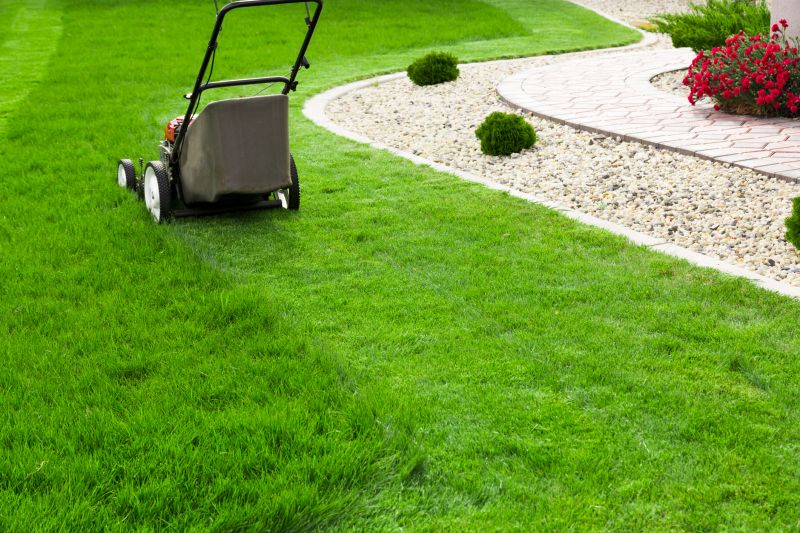
Proper mowing techniques include sharp blades and correct height to avoid damaging grass.
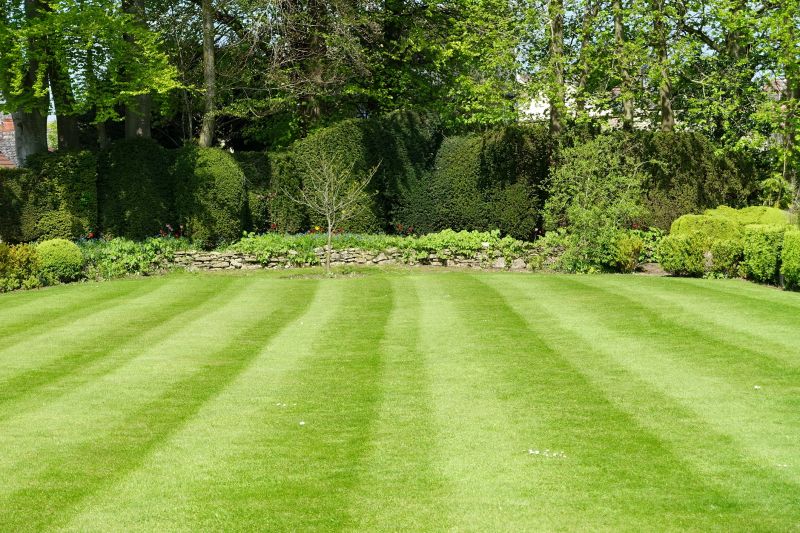
Consistent mowing supports a dense, weed-resistant lawn.
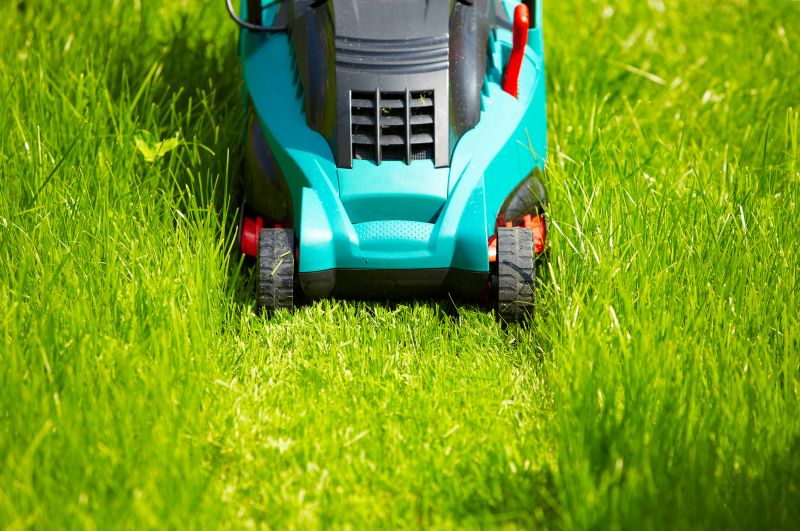
Variety of tools suited for different lawn sizes and grass types.
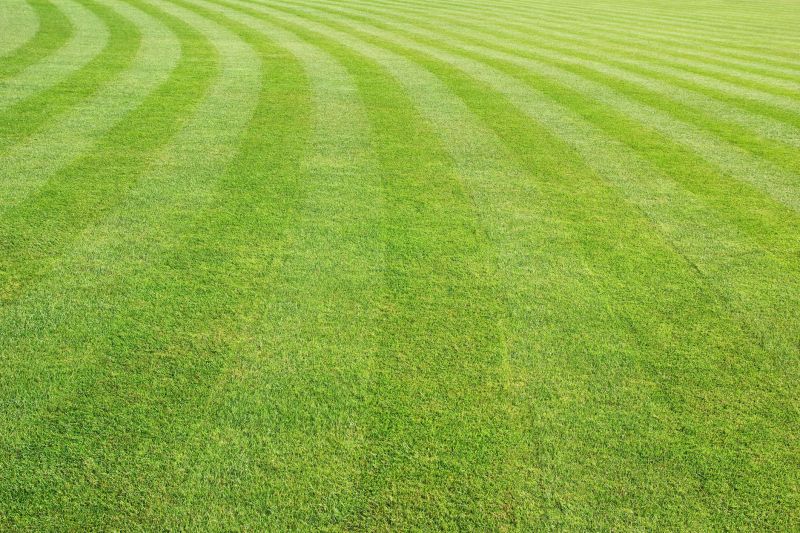
Understanding growth patterns helps determine optimal mowing schedules.
| Season | Recommended Mowing Height |
|---|---|
| Spring | 3 inches |
| Early Summer | 2.5 inches |
| Mid Summer | 2.5 inches |
| Late Summer | 2.5 inches |
| Fall | 3 inches |
| Winter | Do not mow |
